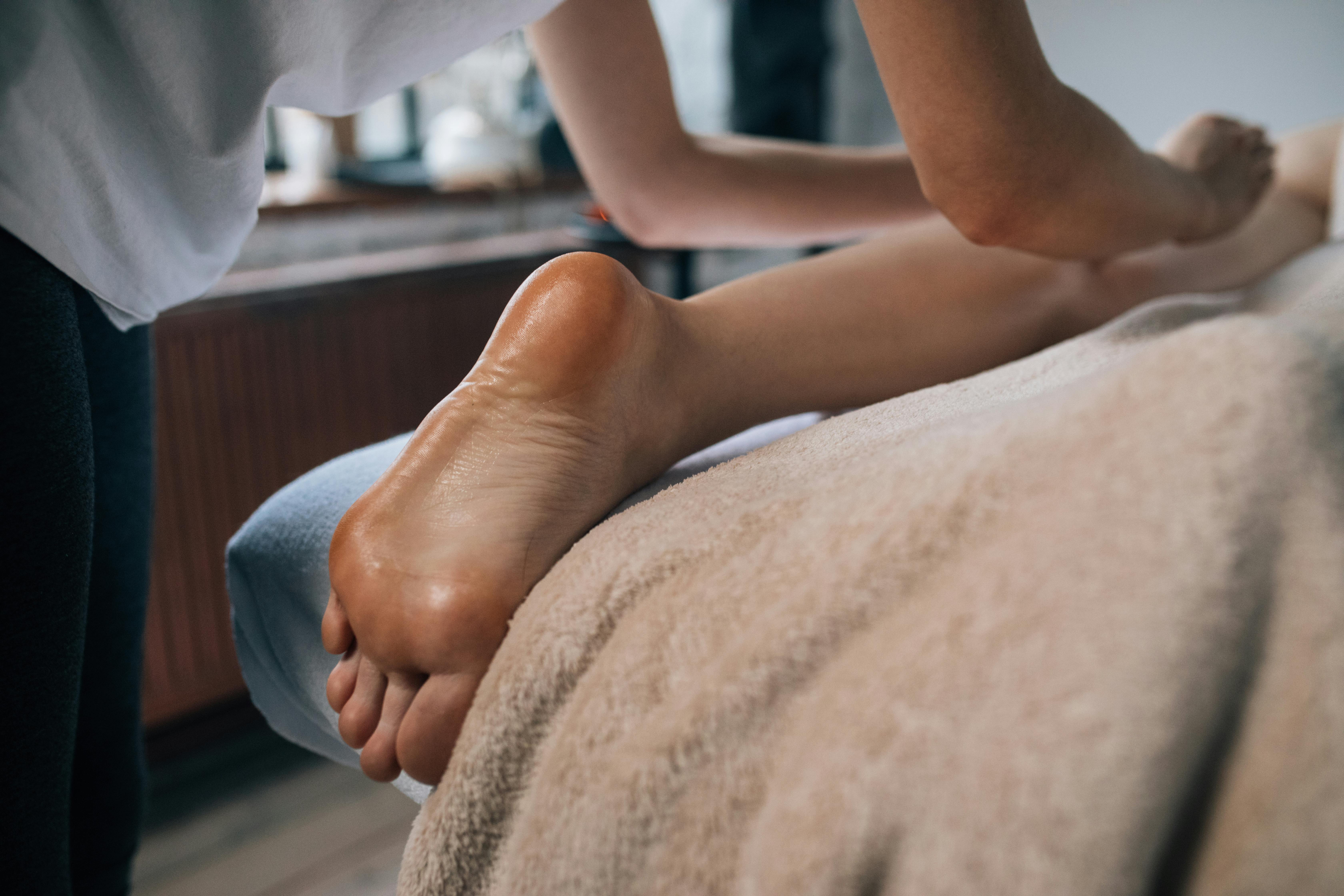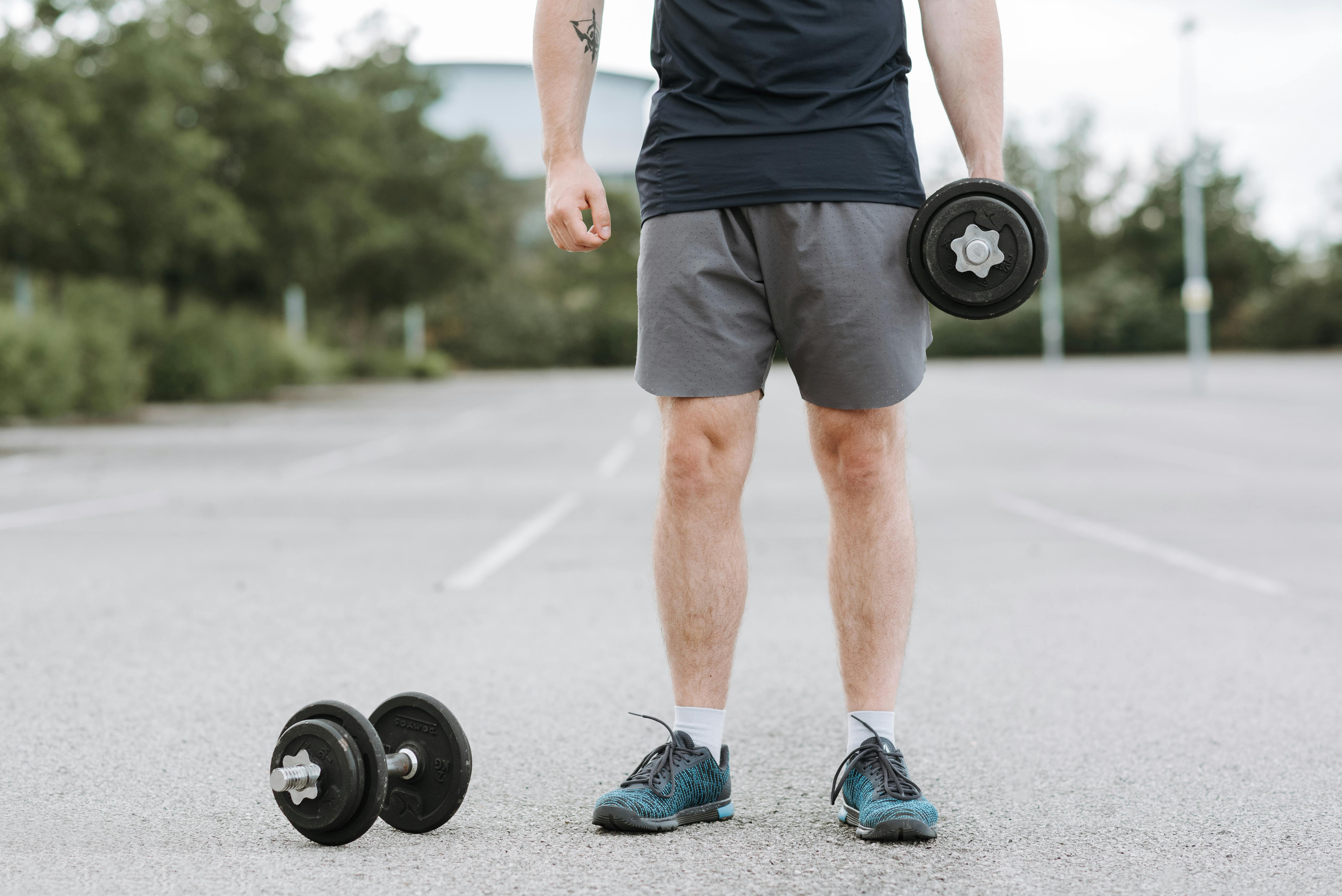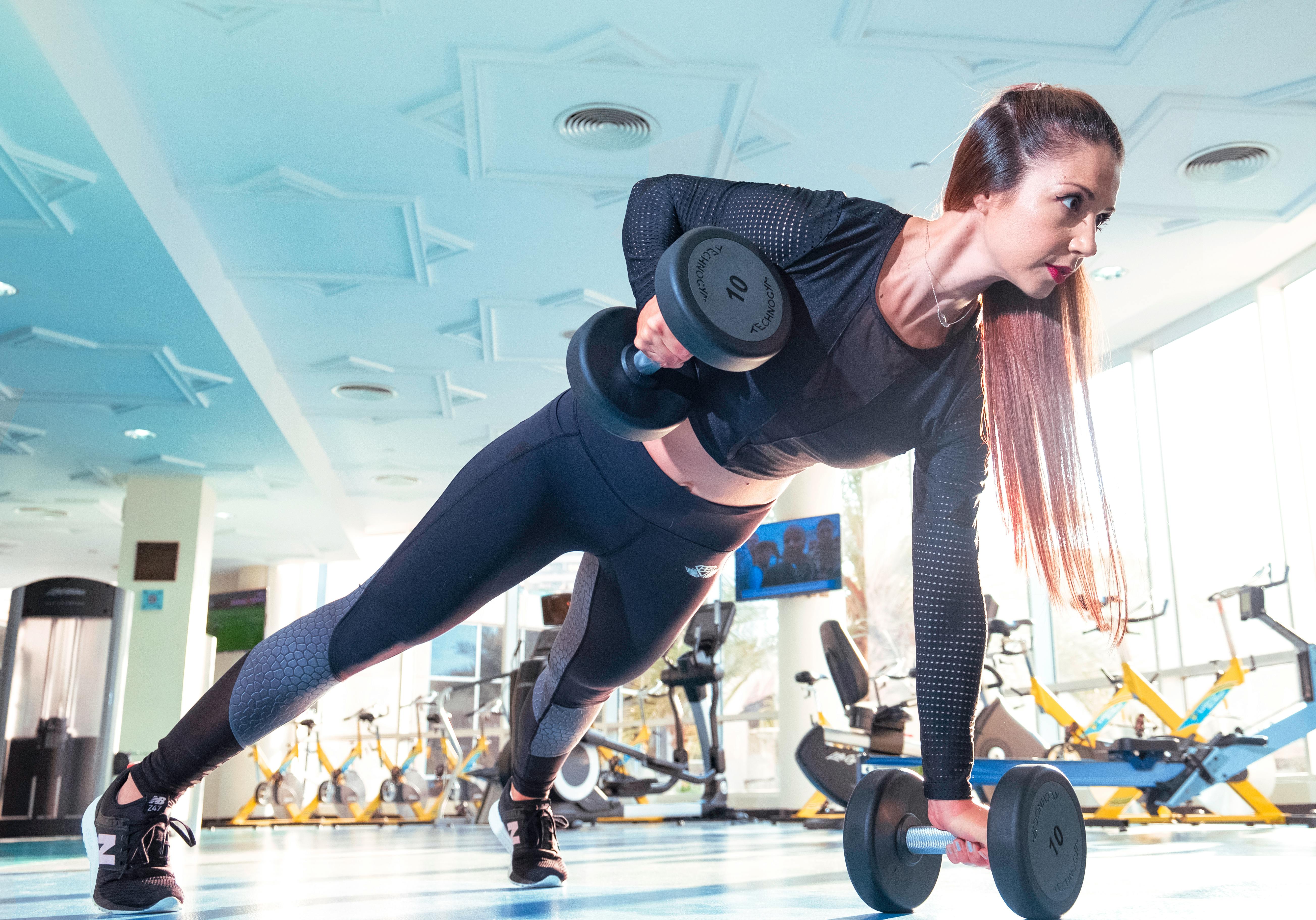Scuba diving was on my bucket list, and since I was nearing retirement in the summer of 2013, I thought it was time to cross it off. When I took my first diving lessons, I quickly learned that what many dive instructors say is true: water is not man’s natural environment. So, I was a bit anxious to complete this certification.
After some basic research on local dive instruction opportunities, I selected a dive shop in Salt Lake City, just a 20-minute drive from my home. The reason I selected them is because of the calming influence the owner, Lori, had on my anxiety. She also suggested an instructor who was almost my age, which further lessened my fears.
I aggressively completed academic work and completed pool training in good order. Open water certification was achieved in a saltwater “interior ocean” west of Salt Lake City. He had learned the basics and was now a certified diver, but still uncomfortable.
He knew that he had to master these skills to be a safe and competent diver. Although it was addressed in my training, I could barely control my buoyancy and although I spent most of my adult life as a professional pilot cruising the western United States, my underwater navigation skills were almost non-existent. Also, he was certified to a depth of 23 feet and knew he wanted to go deeper. And to top it off, I’ve never jumped off my sailboat with 50lbs of gear on me, so diving from a boat would be a new experience. By the way, since we live at about 4200 feet MSL, deep sea diving was part of the training I received.
Borrowing and modifying an aviation saying, now that I had finished my dive training, I was certified to actually learn to dive.
knowledge is king
I took a 3-step approach to this challenge. First, I made a commitment to join the diving tours that the dive shop offers every month to the local lakes. Second, I signed up for several specialty courses such as buoyancy, navigation, deep diving, nitrox diving, and boat diving. Since I truly believe that knowledge is power, I enrolled in a course titled Coverall Stress and Rescue, to further allay my fears underwater. I also signed up for the Night and Limited Visibility course, as well as the First Aid, CPR, AED, and O2 course. The Diving Science course was not far behind. And finally, I spent time improving my physical condition.
Phew! I know, that’s a lot of study and effort. But it was worth it for me. Not only did I learn the specific academic material, but I also learned something about how to be a better diver in each course. This was further reinforced each time I went diving. I practiced, watched and learned.
And then one day I suddenly realized that I hadn’t paid attention to the little things that could help me become a better diver.
Here are several examples.
Buoyancy and BC (buoyancy compensator) and weights
We had used weights in the pool training environment and never questioned their necessity. One of the first things I noticed afterwards was that I didn’t really need weights to go down into the pool. This translated to no weights in fresh water (unless you were wearing a wetsuit). In buoyancy class, I found out that I had been doing the buoyancy test incorrectly. This resulted in him being overweight on every dive up to that point. After correcting my misunderstanding, I used less air in the BC, which resulted in more air for me.
The buoyancy compensator (BC), sometimes called a buoyancy control device (BCD), is the piece of equipment that makes recreational diving possible and popular. Its job is to establish neutral buoyancy underwater and positive buoyancy on the surface. But it is the diver who controls the BC. I had to learn to use shorter bursts of air and wait for neutral buoyancy to become apparent. As mom used to say, patience is a virtue.
breathing
Now I look back and laugh as I remember how quickly my air seemed to disappear in a dive. After buoyancy, this is, in my opinion, the most important skill for a diver to master.
I learned that my anxiety, which resulted in poor underwater breathing habits, could be compensated for and eventually eliminated with my increased knowledge and growing experience. My strong desire to improve was also a factor.
As soon as I really paid attention to my breathing, I relaxed. The result was twofold: not only was I more relaxed, but I also had enough air to further explore our underwater world.
The value of a computer
Every diver must learn to use dive tables. That way we better understand the principles of gas compression and decompression. We learn why the release of gases is so important and how to achieve it by obeying the tables. Having said that, diving with a computer is much better than diving on boards.
But here’s a warning: Learn to use your computer before diving. Then take an easy dive and use all of your computer’s underwater features.
I recently bought a new computer and practiced all of its functions at my kitchen table. All but one, that is. Guess what feature I accidentally activated on my next dive? Turns out I can inadvertently turn off the light while in the water, making the computer nearly impossible to see. Partly in my defense, I was wearing thick gloves and couldn’t feel when I pressed a button. However, you should have learned about this feature beforehand and practiced at home with your gloves on.
personal fitness
The last 5 years of my career were spent sitting in a chair in front of a computer. In other words, I let my physical condition deteriorate. I found this to be a distinct disadvantage while learning to be a proficient diver. So, I joined my local gym and began the journey to better health, which included losing 6 pounds. What a difference this made! I was now able to carry my gear from the parking lot to shore without winding myself to the point of resting for 20 minutes before I could dive. This also improved my breathing so I used less air underwater.
Knowledge about the dive site
I found that if I did a little research on the next dive site, I felt more comfortable during the dive. Research can be anything from an internet search to feedback from divers who have been there. This lower dive anxiety resulted in being more relaxed during the dive, which again resulted in less air being used during the dive.
dive report
This goes along with the previous topic. The more you know about diving, the more relaxed you can be in the water. The Divemaster or Captain can make every dive more interesting and enjoyable. Be sure to look forward to your briefing for each dive; they will have seasonal updates on the site, including what you can expect to see.
Equipment
Like most new divers, I used rental gear for my first few dives. Although the equipment was adequate, it just wasn’t quite right. I got it to work, but I knew there had to be a better way. I eventually invested in a better BC and upgraded regulator. These two purchases made diving less demanding and more enjoyable. Since I do a lot of cold water diving, I decided to invest in the best 7mm wetsuit that fits my body shape perfectly. This, along with the right boots and hood, made diving in cold water more comfortable.
By the way, I bought the wetsuit after talking to the owner of the dive shop. His years of experience allowed me to get a quality wetsuit that works perfectly for me. The advice here is to be sure to talk to more experienced divers for recommendations when you have a question.
useful skills
Recently a student asked me if I had ever lost my mask or regular; he wondered why we emphasize these skills so much during training. It turned out that on one dive I wasn’t paying attention when my partner, who was in front of me, stopped and I swam towards his moving fins. My mask was crooked and full of water and my regulator floated in front of me. So yes, the skills learned in training may be something you need one day, so practice them regularly. If you only dive a few times in the summer each year, consider a refresher class before next year’s diving begins.
My point is that we need to pay close attention to the instructors and other divers we dive with so that we can learn from their experience. And we need to make sure we learn something new on every dive. If there’s nothing new, then we can practice something we learned years ago, but haven’t used recently.
Another useful and potentially life-saving skill is the determination to make a safety stop on every dive. I know, the computers may indicate that no stop is necessary, but if you dive several times a day, or over several days, the benefit of a safety stop outweighs the small delay in reaching the surface. In addition, it allows you to practice buoyancy skills.
conclusion
Remember, follow the rules, don’t dive beyond your training or experience, and look for the little things that will help you become a better diver.



